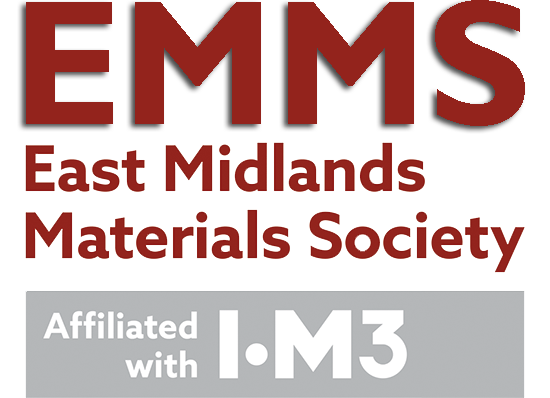Prof Robert JK Wood
National Centre for Advanced Tribology at Southampton (nCATS)
Department of Mechanical Engineering
School of Engineering, Faculty of Engineering and Physical Sciences
University of Southampton
Synopsis
Tribology for Net Zero: a materials and surface engineering perspective
Around 23% of the world’s energy is used simply to compensate for friction and wear [1], at great financial cost, together with significant amounts of CO2 emissions. The UK Government has committed to reducing UK greenhouse gas emissions to net zero by 2050 [2]. By developing new materials, lubricants, coatings, and surface finishing techniques that reduce friction and wear, both energy efficiency and machine lifetime will improve, which will greatly help the UK meet its Net Zero target. This keynote will, therefore, look at the net zero targets for 2035 & 2050 and give a general overview of areas that tribology can have direct impact to help achieve these targets. I will show where tribology relates directly to several key science challenges identified by the UK Government (DESNZ) such as: Critical Minerals, Resource and Energy Efficiency, Agricultural emissions (machinery), Green Choices and hydrogen. It will then review the role of materials in the tribological systems that will enable reaching these targets. This will include the decarbonisation agenda that will drive new fuel/lubricant combinations and biodegradable / natural products and the need for new surface solutions. Tis will include materials for the tribology of hydrogen and ammonia engines and handling equipment. It will also look at the sustainable energy sector and the tribological challenges wind and tidal turbine materials and surface engineering will face. Finally the sustainability aspects such as responsible use of rare earth elements and recyclability. It will use several case studies highlighting the application of emerging technologies such as digital tribology, interface imaging and sensing. The case studies will show elements of the possible and will align with 3 areas listed in the UK Tribology report [3], namely sensors/condition monitoring, shipping, lubricants/lubrication and wind turbines. These will include for example the influence of deposition techniques such as surface welding, stir welding, electroplating and the effects of adding Cr in deposition by friction stir welding of Nickel Aluminium Bronze and their effects on tribocorrosion performance for marine applications, materials for water lubricated bearings, AI driven condition monitoring of wear of materials and materials to protect the leading edge of wind turbine blades.
References
[1] Holmberg, K., Erdemir, A. Influence of tribology on global energy consumption, costs and emissions. Friction 5, 263–284 (2017). https://doi.org/10.1007/s40544-017-0183-5
[2] HM Government: Net Zero Strategy: Build Back Greener, 2021
[3] UK Tribology Technical Committee: Tribology and the UK’s Path to Net Zero, Recommendation for a report by DESNZ, March 2024
Bio
Robert Wood, FREng, is a Professor of Surface Engineering and Tribology at the University of Southampton and has 30 years of experience in tribology and surface engineering. He founded the EPSRC funded National Centre for Advanced Tribology at Southampton (nCATS) and has research interests in tribological coatings, tribocorrosion, erosion and wear sensing. He was awarded the Donald Julius Groen Prize for Tribology in 2011 by the IMechE, the Tribology Trust Silver Medal for outstanding contribution to national standing of Tribology in 2018 and the Tom Bell Surface Engineering Medal in 2022 by the IoM3. He chairs UK Tribology which unites tribology groups across five professional bodies (IMechE, IoP, IOM3, RSC and IET). He is Field Chief Editor for Frontiers in Coatings, Dyes and Interface Engineering.
